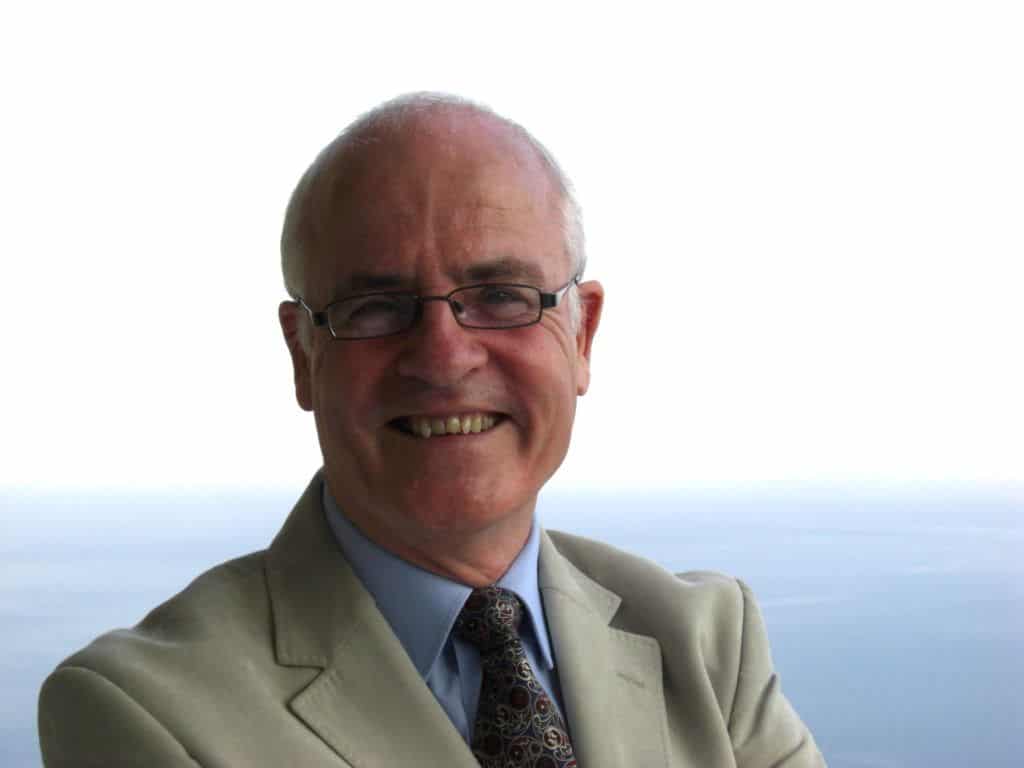Building Trust: How Can Media Demonstrate Their Commitment to Free and Independent Journalism?
Aidan White
This week leaders of the Journalism Trust Initiative, a campaign to find practical ways to strengthen and to sustain the future of ethical journalism, are meeting in Paris.
The JTI, created by Reporters Without Borders, European Broadcasting Union, and Global Editors Network is supported by the Ethical Journalism Network (EJN) and major media across all platforms of European journalism.
In the first working meeting from 4-5 October, the EJN is leading the discussions on defining the framework that will identify news media that meet basic standards of professionalism.
These standards for ethics, good governance and self-regulation will be a way of identifying media and journalism that serve the common good and as such should be first in line for appropriate forms of support for their public interest journalism.
The Paris meeting is considering the three critical areas which provide opportunities for benchmarking ethics and transparency in the exercise of journalism:
Ethical Newsgathering: Journalists and editors must show they are committed to cardinal principles of reporting, this can be through the adoption of a code of conduct for journalism and the elaboration of editorial guidelines for journalists and editors. But is this always necessary?
Even without the formal adoption of one of the hundreds of codes that exist in the world today journalists and news media may show their commitment to a culture of news reporting by embracing the five core values of journalism – accuracy and fact-based communications, independence, impartiality in newsroom practice, humanity and transparency. These values are essential for embedding the ideals of accountable and responsible journalism. But how is this commitment to values best expressed?
Good Governance: The quality of management, ownership and administration of journalism and news media is as important as newsroom ethics in building public trust. How can news media demonstrate how they work according to basic standards of good governance, transparency and responsible management? Internal systems of auditing and review of company performance are one way. Are there others? Ethical audits are a way of avoiding secret and corrupt forms of interference or political conflicts of interest in the ownership and management of media.
Self-regulation: All news media and journalists are committed to correcting their mistakes, engaging with their audience, and demonstrating their commitment to serve the public. But how is that revealed? What are the appropriate structures for enterprise-level, internal self-regulation? And is independent industry-wide self-regulation viable? How do media work with other news media to create national systems of independent media regulation and how to evaluate the commitment to principles of self-regulation?
Information and Democracy
As this work takes shape I have also working in a personal capacity with an International Commission on Information and Democracy established by Reporters Without Borders to prepare an international declaration on the future of information in the public space.
The EJN’s thoughts on ethics, good governance and self-regulation set out here are in the mix of material being considered for the international statement and they were discussed at the first meeting of the commission on September 11 and also in a special session with French President Emmanuel Macron at a meeting at the Elysee Palace.
Macron was very engaging on this issue: he was well briefed; thoughtful and aware of the global context of the current information crisis. He noted the importance of information values and public interest journalism in shaping future public policy.
Agreeing with the EJN, he said more needed to be done to strengthen the notion of journalism “as a common good.” Meanwhile, Macron makes it clear that an urgent priority will be to ensure the Internet is made more secure and that the tech giants that dominate the world of modern communications are made more accountable through more effective rules on transparency.
The final work of this commission will be to adopt some general principles for policymakers that will be launched at an international conference in Paris in November.

Aidan White is the Ethical Journalism Network president, an honorary position created by the charity’s board after he stepped down as director in 2018. He founded the EJN in 2012 after serving as the general secretary of the International Federation of Journalists (IFJ) for 25 years, during which time he helped create the world’s largest organisation of journalists with members in 126 countries.
Before joining the IFJ, White worked as a journalist with newspapers in the United Kingdom, including the Birmingham Evening Mail, the Financial Times and The Guardian.
White has written extensively on human rights, ethics and journalism issues and played a leading role in establishing the International Freedom of Expression Exchange (IFEX), a global network of free expression campaigners, in 1993, and the International News Safety Institute (INSI), the global campaign for news safety, in 2003.
Main image: EJN president on RSF’s new global Information and Democracy Commission. Source: Présidence de la République France